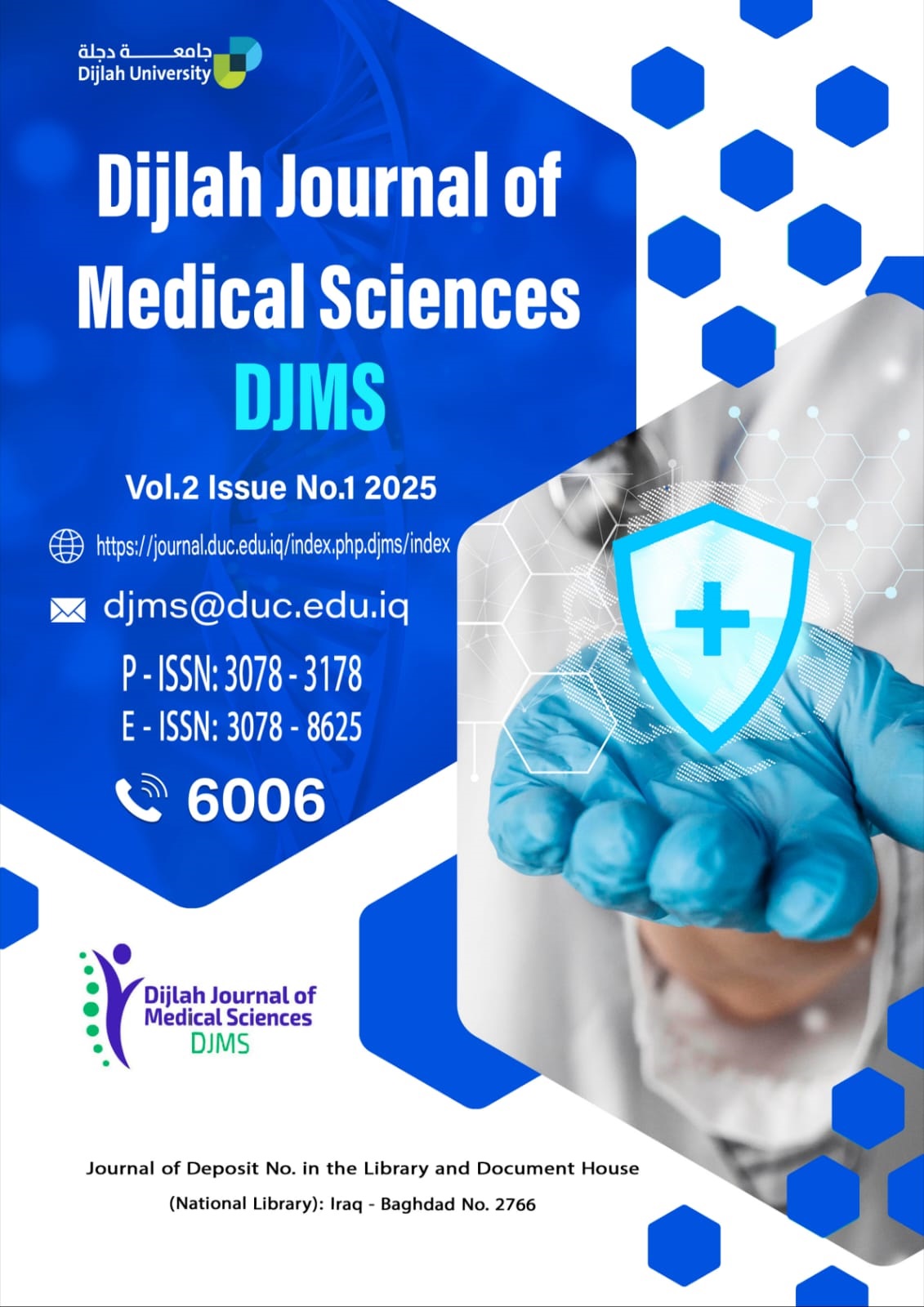Challenges and Limitations of HbA1c as a Surrogate Marker in Assessing Glycemic Control: A Critical Review
Isam Noori Salman, Karam Gharab, Lujain A. Ghannawi and Baydaa Ahmed Abed
DOI:
https://doi.org/10.65204/DJMS-C-L-HSMAbstract
The gold standard for determining a patient's long-term glycemic control in individuals with diabetes mellitus is hemoglobin A1c (HbA1c). However, new research casts doubt on its validity because of a number of methodological, pathological, and physiological restrictions. Recent research raises doubts about the universality of HbA1c as a surrogate test by highlighting the impact of glycemic variability, red blood cell turnover, ethnicity, and coexisting medical disorders on HbA1c levels. The limits of HbA1c and other indicators that offer a more accurate depiction of glycemic control are critically examined in this overview of recent research.
Downloads
Published
2025-09-24
Issue
Section
Articles

